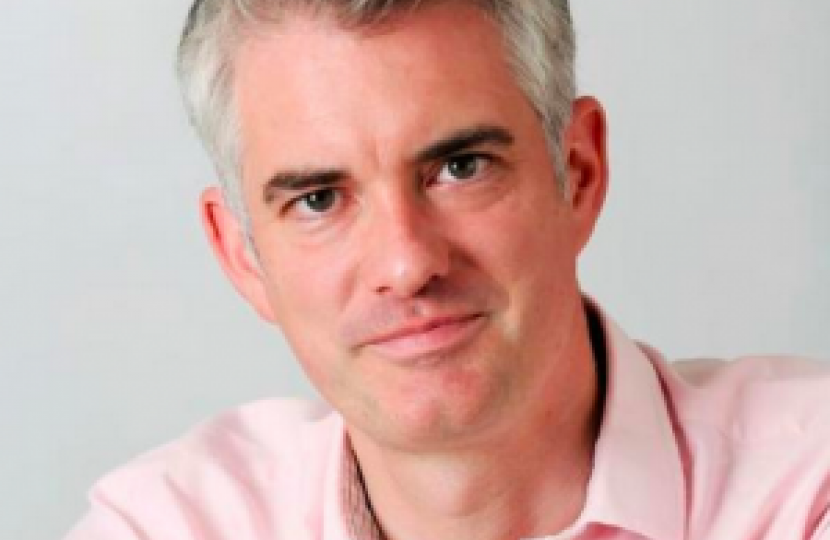
One thing we can be clear about is that this has been yet another very challenging winter for the NHS. Ambulance staff have described the situation as “catastrophic”. The Royal College of Emergency Medicine has likened A&E departments to a “battlefield” and nurses say the crisis in the NHS this winter was “the worst they have ever seen”.
Readers might query why I should be saying the above when I am the Parliamentary Private Secretary to the Secretary of State for Health and Social Care, Jeremy Hunt. To clarify, all the above quotes have had the word ‘Welsh’ removed from them. I am quoting Welsh ambulance staff; the Welsh RCEM; and Welsh nurses, all from a Welsh newspaper with the headline: “the winter crisis in the Welsh NHS”.
The point I am making is not to talk down the Welsh NHS or provide cover for what has also been an extremely challenging winter in our hospitals closer to home. Rather, it is that the ever more emotive debate on the NHS so often assumes that there is some tantalising policy option in touching distance where the underlying demographic challenges that all nations face can be waved away just by cranking up the spending spittoon. Arguably the Welsh NHS spends more than we do, yet it had the same headlines of cancelled operations and lengthy A&E waits this winter as we saw. Scotland also cancelled non-emergency operations in many trusts. The Welsh NHS has a Labour administration; Scotland has the SNP in charge in Holyrood; we have our Conservative Government. All three face the unprecedented challenge of a rapidly ageing population, with ever more complex needs, which will not go away just because the respective Government changes.
One of the main problems facing all nations is recruitment and retention of medical staff. Hence, I was so pleased that last week we announced 1,500 new medical school places, including five brand new schools. One of these will be in Chelmsford and students from East Anglia will have preference, hopefully becoming our local doctors of the future.
Of course, another dimension of recruitment and retention is pay. My mother was a nurse for many years and I am perfectly aware of what a tough job it can be on busy wards, and there is no doubt that hospital staff today face record demand and a volume of truly unprecedented patient throughput. So I have never needed persuading of the case for fairly rewarding all those working in the NHS and I was delighted when last week we also announced a new pay settlement which will see salary increases ranging from 6.5% right up to 29% for those on the very lowest wages. Every week I receive correspondence from constituents delighted with the care they have received from our local NHS and the staff behind those success stories deserve their reward – assuming the deal is voted through by union members in the coming weeks.
On the subject of patient satisfaction, I was a particularly satisfied patient when my twins were born at Ipswich hospital in the distant days of 2014 before I became an MP. The maternity care they received was first class but midwifery has also felt the strain of recruitment problems so again I was really pleased when this week we announced plans to train 3,000 extra midwives. And it’s appropriate to mention our local NHS because perhaps the most important positive health news this week came on our doorstep. We learned that newly merged Colchester and Ipswich hospitals are to receive £69m capital funding for investment in services to patients, including a transformation of A&E. This means that of the three hospitals serving my constituents one has just been judged ‘outstanding’ (West Suffolk) whilst the other two are merging to form a new trust backed with significant extra cash.
So yes, these remain very difficult times for all those trying to keep on top of patient demand, but the above announcements are really positive and show a Government backing our local NHS. Some will inevitably say: “why wait till now?” The answer is that in the long run the only policy that makes it possible to fund healthcare on a sustainable basis is a strong economy and public finances that are under control. It has been hard work repairing the public finances but with Britain finally back in surplus on current spending it is absolutely right that more money should now go to support our nurses, hospitals and medical schools.
Article by James Cartlidge MP. Published by the East Anglian Daily Times.
